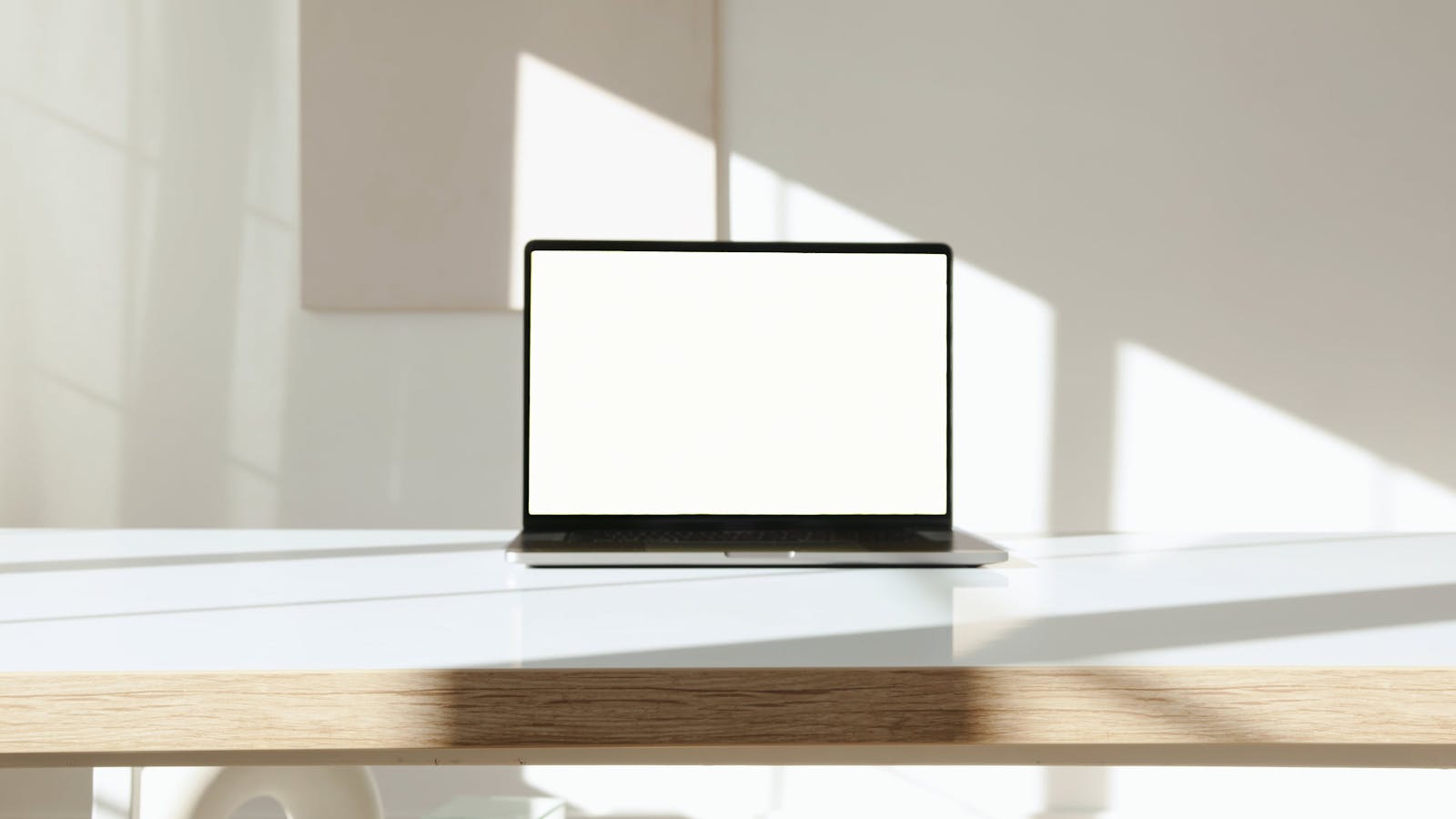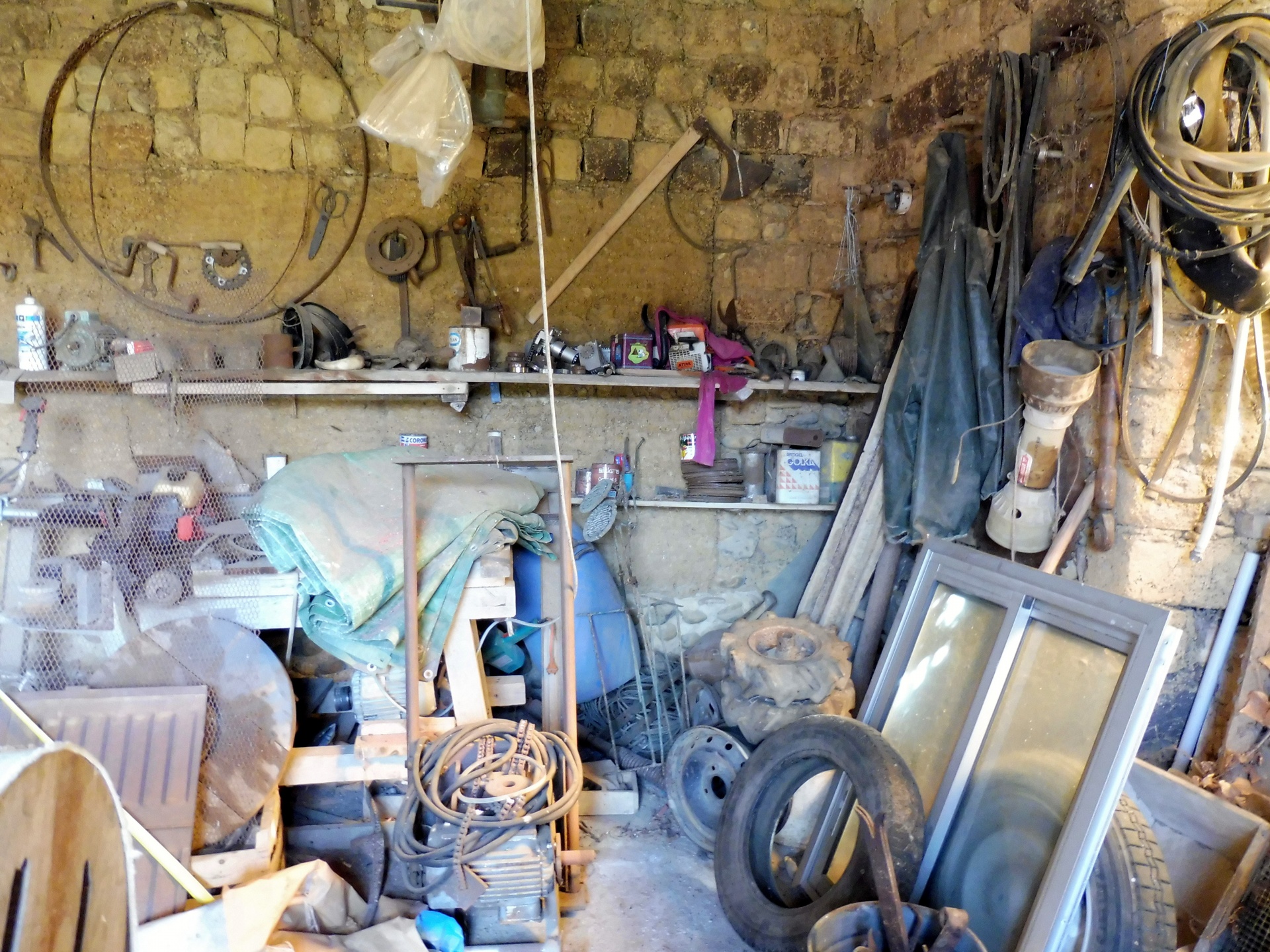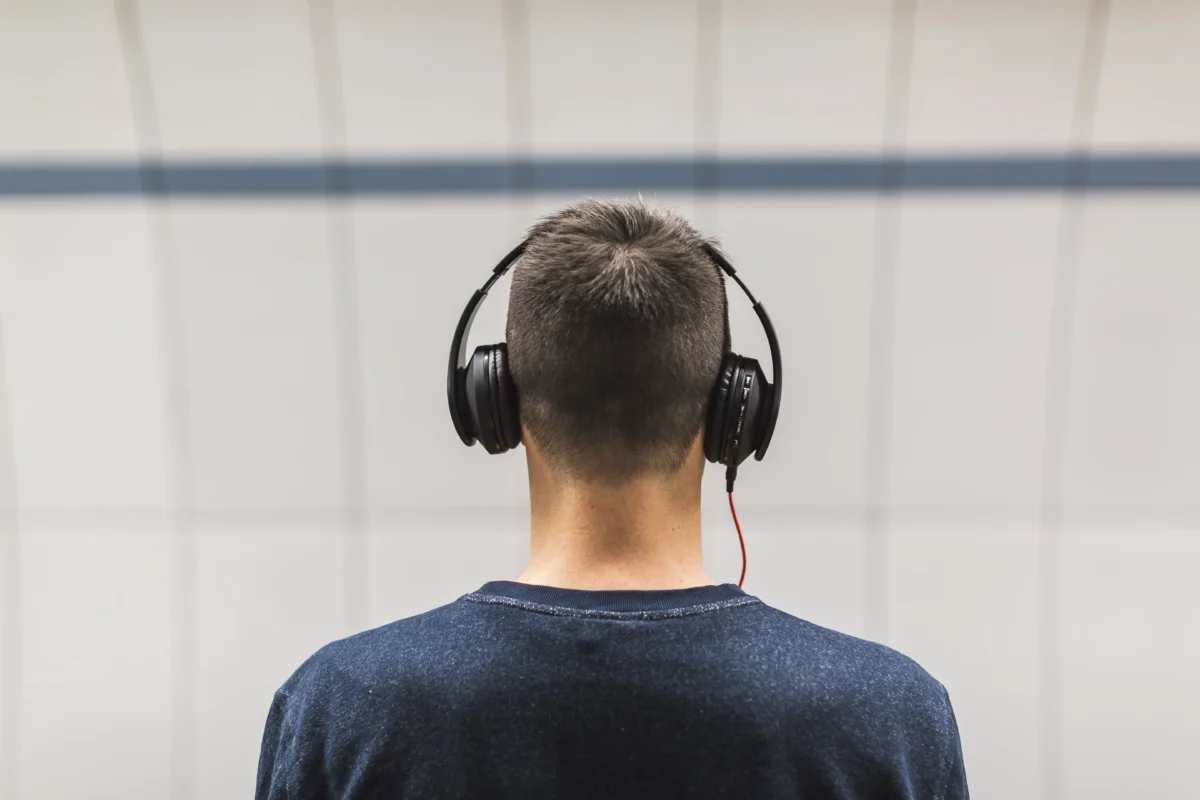Choosing between a PC and a laptop can feel like a daunting decision, especially with so many options available. Whether you’re a gamer, a professional, or just someone who loves to surf the web, each device offers unique benefits tailored to different needs.
Understanding PCs and Laptops
Choosing between a PC and a laptop depends on your needs. Understanding what each device offers helps you decide.
What Is a PC?
A PC, or personal computer, refers to a stationary device. It usually includes a tower, monitor, keyboard, and mouse. You can customize and upgrade PCs easily. They’re ideal for tasks requiring high processing power, like gaming and video editing.

What Is a Laptop?
A laptop is a portable computer. It integrates a screen, keyboard, and touchpad in one device. You can take laptops anywhere, making them perfect for travel and remote work. They typically consume less power than PCs but offer less customization.
Performance Comparison
Processor Speeds and Capabilities
Desktops generally offer higher processor speeds than laptops. PC processors cater to multi-core tasks easily, making them superior for heavy-duty applications. Laptops use mobile processors with power efficiency in mind. However, the performance may lag behind desktop counterparts when handling demanding programs.
Graphics and Gaming Performance
Desktops excel in graphics and gaming performance. They support high-end graphics cards that deliver better frame rates and visuals. For instance, many gaming PCs use NVIDIA GeForce RTX series cards. Laptops, while capable of gaming, use integrated or limited-performance discrete GPUs, leading to reduced graphical output and slower rendering times.
Portability and Convenience
Weight and Size
Laptops are compact and lightweight, making them easy to carry. Most laptops weigh between 2 to 6 pounds, fitting easily into backpacks. PCs, however, are bulky and heavy. They usually come with separate monitors, keyboards, and other peripherals. Moving a PC setup is cumbersome and time-consuming.
Battery Life
Laptops have built-in batteries. They commonly offer 4 to 10 hours of usage per charge. This is ideal for working in places without power outlets. PCs lack internal batteries, requiring a constant power source. This limits their use to places with available electrical connections.
Cost Analysis
Initial Costs and Upgrades
Initial costs differ between PCs and laptops. PCs generally cost less for similar performance. For example, a gaming PC can start at $800, while a comparable gaming laptop might start at $1,200. Additionally, PCs are easier to upgrade. You can swap out parts like RAM, GPUs, and storage in a PC. Upgrading laptops often involves replacing the entire device due to limited upgrade options.
Long-Term Value
Though laptops are costlier upfront, they can offer better long-term value if portability is crucial. For instance, a laptop’s portability saves on costs related to additional workspaces, desks, and external monitors. PCs, while potentially cheaper and easier to upgrade, incur extra costs for peripherals and are tied to stationary setups. Consider long-term needs: frequent travel favors laptops, while a stationary setup and upgrades favor PCs.
Use Case Scenarios
Let’s explore the best use cases for PCs and laptops based on specific demands.
Best for Office Work
A PC suits office work, especially if you need powerful performance for complex tasks. It allows extensive multitasking, ideal for software developers, graphic designers, and accountants. Desktop setups can support multiple monitors, increasing productivity. PCs typically have more processing power, which handles demanding applications well.
Best for Travel and Students
Laptops are ideal for travel and students due to their portability. They’re lightweight and easy to carry, fitting into backpacks and messenger bags. Built-in batteries provide several hours of usage, perfect for long classes or flights. Students benefit from the quick boot times and mobility laptops offer, making note-taking and on-the-go studying easier. Travel professionals find laptops useful because they can work from anywhere without needing a constant power source.
Conclusion
Choosing between a PC and a laptop really comes down to your specific needs and lifestyle. If you need a powerful machine for gaming or video editing and don’t mind being tied to a desk, a PC might be the way to go. However, if you value portability and need a device that can travel with you, a laptop offers the convenience and flexibility you’re looking for.
« Transform Your Outdoor Space: Top 10 Patio Flooring Ideas You Need to See
Philips Hue vs LIFX: Which Smart Lighting System Reigns Supreme? »
Think about where and how you’ll be using your device most often. Whether it’s for work, study, or leisure, there’s a perfect option out there for you. Happy tech shopping!









